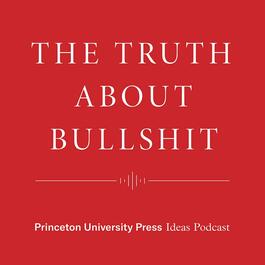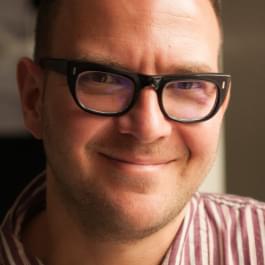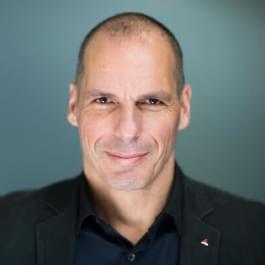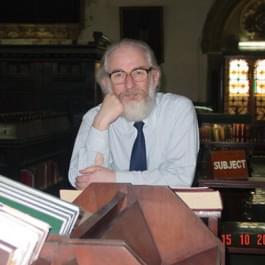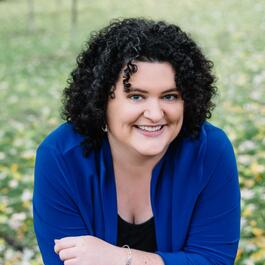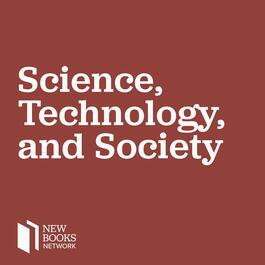
New Books in Science, Technology, and Society
Interviews with Scholars of Science, Technology, and Society about their New Books Support our show by becoming a premium member! https://newbooksnetwork.supportingcast.fm/science-technology-and-society
Show episodes

Gavin Williams, "Format Friction: Perspectives on the Shellac Disc" (U Chicago Press, 2024)
With the rise of the gramophone around 1900, the shellac disc traveled the world and eventually became the dominant sound format in the first half of the twentieth century. Format Friction brings together a set of local encounters with the shellac disc, beginning with its preconditions in South Asian knowledge and labo
Today we’re continuing our series on Harry Frankfurt’s seminal work, On Bullshit. I have the privilege to speak with Arvind Narayanan co-author of the book AI Snake Oil: What Artificial Intelligence Can Do, What it Can’t, and How to Tell the Difference (Princeton University Press, 2024). Arvind is the perfect guest to

Christa Kuljian, "Our Science, Ourselves: How Gender, Race, and Social Movements Shaped the Study of Science" (U Massachusetts Press, 2024)
When Christa Kuljian arrived on the Harvard College campus as a first-year student in the fall of 1980 with copies of Our Bodies, Ourselves and Ms. magazine, she was concerned that the women's movement had peaked in the previous decade. She soon learned, however, that there was a long way to go in terms of achieving eq

Anil Ananthaswamy, "Why Machines Learn: The Elegant Maths Behind Modern AI" (Dutton, 2024)
Machine learning systems are making life-altering decisions for us: approving mortgage loans, determining whether a tumor is cancerous, or deciding if someone gets bail. They now influence developments and discoveries in chemistry, biology, and physics—the study of genomes, extrasolar planets, even the intricacies of q
How has evolutionary theory shaped educational thinking over the past two centuries? ‘Evolutionary Theory and Education: The Influence of Evolutionary Thinking on Educational Theory and Philosophy’ (Brill, 2025) explores the considerable but under-appreciated influence of evolutionary ideas on educational theory and th
What is reliable knowledge? Listen to philosopher Michael Strevens, author of The Knowledge Machine: How Irrationality Created Modern Science, to understand how science discovers the truth. At the current moment, when expertise is under attack and the idea of truth is contested from all sides, Strevens explains the rem
